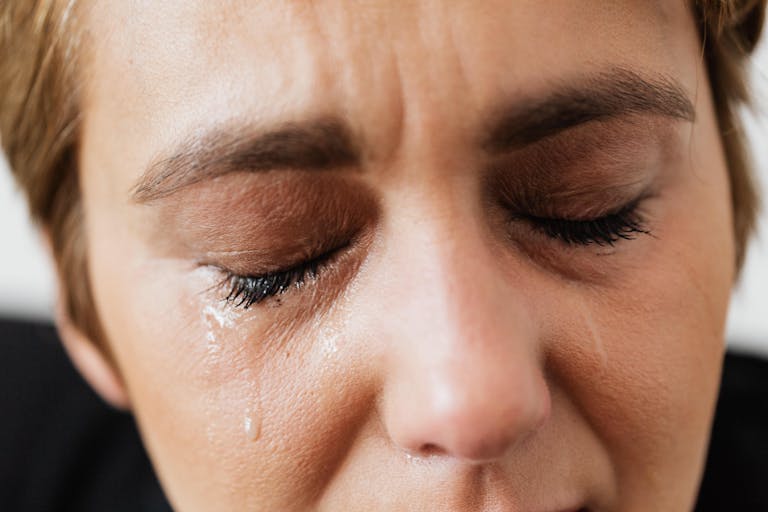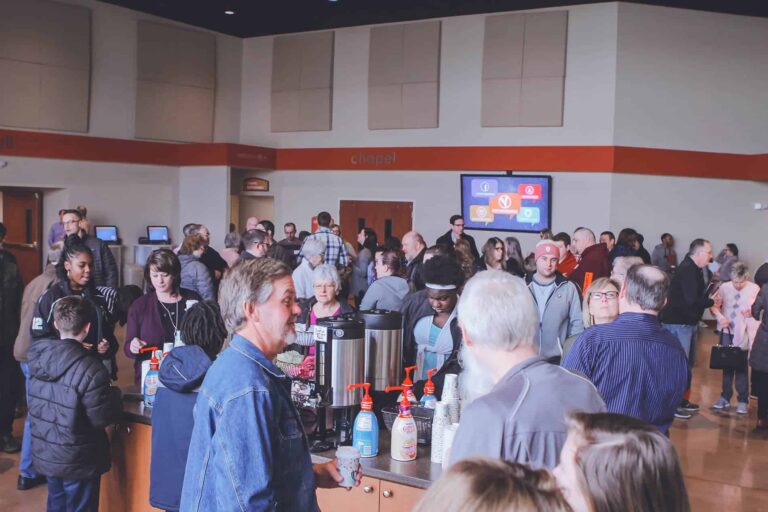Opioid addiction is a complex disease that affects the body, mind, and spirit. For years, traditional treatment methods such as medication-assisted treatment (MAT) and behavioral therapies have been the foundation of addiction recovery. While these approaches remain essential, there is growing recognition of the benefits of integrating holistic treatments into opioid recovery programs. By addressing the whole person—physically, mentally, emotionally, and spiritually—holistic therapies offer a more comprehensive and compassionate approach to healing.
In this blog, we’ll explore alternative treatment options that complement traditional addiction therapies, including mental health support, physical wellness programs, and holistic healing practices. These approaches not only support recovery but also help individuals build healthier, more balanced lives.
The Importance of a Holistic Approach
Opioid addiction affects more than just the brain’s chemistry—it impacts every aspect of a person’s life. Individuals struggling with opioid addiction often face physical health issues, mental health challenges like anxiety or depression, and social problems, including strained relationships and loss of purpose. Traditional treatment methods, such as detox and counseling, are vital for managing withdrawal symptoms and addressing the psychological aspects of addiction, but they don’t always address the full spectrum of issues a person may be facing.
A holistic approach to opioid recovery aims to treat the whole person by incorporating a variety of therapies that address not just the addiction, but the underlying factors contributing to it. Holistic treatments can help individuals achieve long-term recovery by fostering overall wellness and helping them build coping strategies for life’s challenges.
1. Mental Health Support: Treating Co-Occurring Disorders
Opioid addiction often goes hand-in-hand with mental health conditions, a phenomenon known as co-occurring disorders or dual diagnosis. Many individuals turn to opioids as a way to cope with untreated mental health conditions, such as depression, anxiety, or post-traumatic stress disorder (PTSD). Left unaddressed, these mental health issues can contribute to relapse even after an individual has completed addiction treatment.
Incorporating mental health support into opioid recovery is crucial for long-term success. Here are a few ways mental health services can complement traditional addiction treatment:
- Therapy and Counseling: Cognitive-behavioral therapy (CBT), dialectical behavior therapy (DBT), and trauma-informed therapy are just a few of the approaches that can help individuals address the emotional and psychological roots of their addiction. These therapies teach individuals how to manage stress, cope with triggers, and develop healthier thought patterns.
- Mindfulness and Meditation: Practices such as mindfulness and meditation have been shown to reduce stress and anxiety, both of which are common triggers for relapse. By teaching individuals how to stay present in the moment and manage difficult emotions, mindfulness can be a powerful tool in recovery.
- Peer Support Groups: Group therapy and peer support groups provide a sense of community and belonging that is essential in recovery. Sharing experiences with others who understand the challenges of addiction can be incredibly healing and provide motivation to stay on the path to sobriety.
2. Physical Wellness: Healing the Body Alongside the Mind
Opioid addiction takes a significant toll on the body, often leading to issues such as chronic pain, weakened immune systems, and nutritional deficiencies. A holistic approach to recovery includes physical wellness programs that help the body heal and regain strength.
Here are some ways physical wellness can be incorporated into recovery:
- Exercise and Movement: Regular physical activity has been shown to boost mood, reduce stress, and improve overall well-being. Exercise can also help repair the damage done to the body by opioid use. Activities like yoga, swimming, walking, or strength training can help individuals regain their physical health while also providing a healthy outlet for managing cravings and stress.
- Nutrition Counseling: Many individuals in recovery struggle with poor nutrition, either due to the effects of opioid addiction or unhealthy eating habits developed during active addiction. Nutrition counseling can help individuals learn how to fuel their bodies with healthy, nutrient-rich foods that support recovery and promote healing.
- Pain Management Alternatives: For those who began using opioids to manage chronic pain, finding non-opioid alternatives for pain relief is essential. Holistic pain management approaches such as acupuncture, massage therapy, and chiropractic care can help individuals manage pain without relying on addictive medications.
3. Holistic Therapies: Healing Beyond the Physical
Holistic therapies go beyond the traditional scope of addiction treatment by addressing the emotional and spiritual aspects of recovery. These therapies can help individuals reconnect with themselves, build emotional resilience, and find meaning and purpose in their recovery journey.
Here are a few holistic therapies that can be beneficial in opioid recovery:
- Art and Music Therapy: Creative therapies such as art and music therapy allow individuals to express emotions and experiences that may be difficult to put into words. These therapies provide a safe and non-judgmental space for individuals to explore their feelings and tap into their inner creativity, which can be incredibly healing during the recovery process.
- Spiritual Practices: Many individuals find strength and purpose in spiritual practices during their recovery. Whether through prayer, meditation, attending faith-based recovery groups, or exploring personal spiritual beliefs, spirituality can provide a sense of connection and hope that supports long-term recovery.
- Equine Therapy and Nature Therapy: Spending time with animals or in nature has been shown to have therapeutic benefits for individuals in recovery. Equine therapy, which involves working with horses, can help individuals develop trust, communication, and emotional regulation skills. Nature therapy, which involves spending time outdoors, can reduce stress, improve mood, and provide a sense of peace and grounding.
Integrating Holistic and Traditional Treatments: A Balanced Approach
While holistic therapies offer valuable benefits, they are most effective when integrated with traditional addiction treatments. Medication-assisted treatment (MAT), for example, can be crucial for managing withdrawal symptoms and reducing cravings, while therapy and counseling address the psychological aspects of addiction. Holistic approaches such as mindfulness, nutrition counseling, and creative therapies can complement these treatments, creating a well-rounded, individualized recovery plan.
Each person’s journey to recovery is unique, and no single approach works for everyone. A holistic treatment plan allows individuals to explore different therapies and practices that resonate with them, providing a personalized path to healing.
The Benefits of Holistic Treatment in Long-Term Recovery
The ultimate goal of any addiction treatment program is long-term recovery, and holistic therapies offer valuable tools for achieving this goal. By addressing not just the symptoms of addiction but the underlying causes, holistic treatments help individuals build healthier, more balanced lives. These therapies promote self-awareness, emotional resilience, and personal growth, all of which are essential for maintaining sobriety.
In addition to supporting recovery, holistic therapies can also help individuals develop a greater sense of purpose and fulfillment. Whether through creative expression, physical wellness, or spiritual practices, holistic treatments offer a path to healing that goes beyond simply abstaining from drugs—they empower individuals to live fuller, more meaningful lives.
Conclusion: Healing the Whole Person
Opioid addiction is a multifaceted disease that requires a comprehensive treatment approach. While traditional methods such as medication-assisted treatment and counseling are essential, incorporating holistic therapies into recovery programs can offer additional layers of support and healing. By addressing the physical, mental, emotional, and spiritual aspects of addiction, holistic treatments provide individuals with the tools they need to achieve lasting recovery.
Healing from opioid addiction is not just about getting clean—it’s about building a healthier, more balanced life. With the help of both traditional and holistic treatments, individuals in recovery can find hope, healing, and a renewed sense of purpose on their journey to sobriety.






